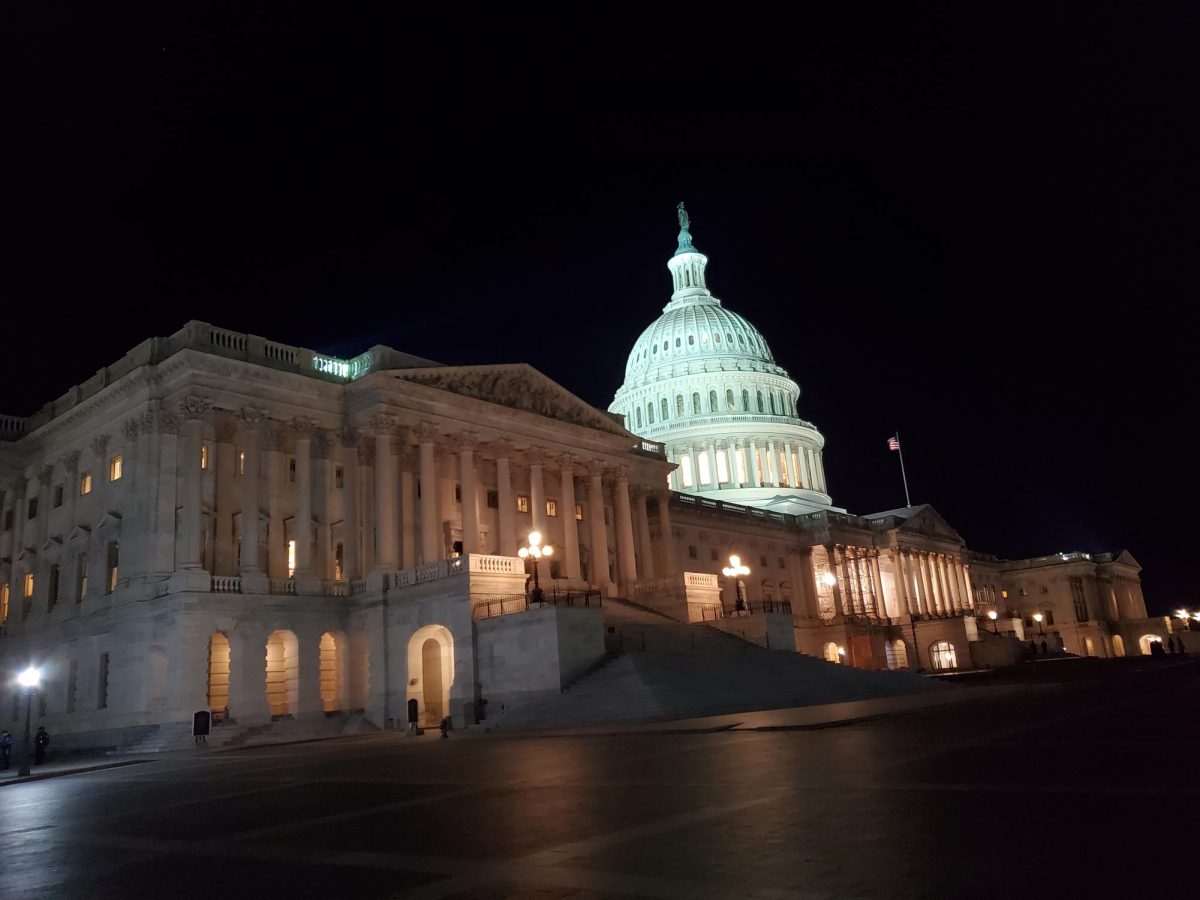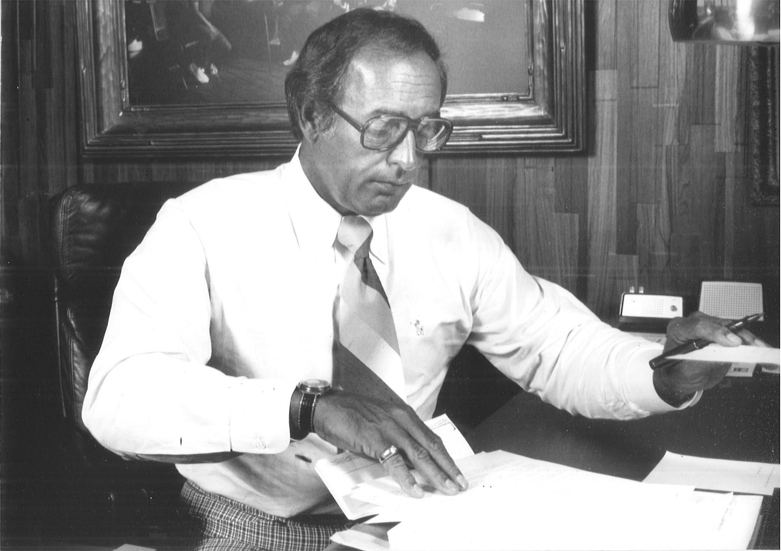In new court documents released last week, prosecutors are claiming that the accused gunman from the movie theater massacre Colorado this summer had threatened someone at the University of Colorado prior to the shooting.
According to prosecutors, the threatened person was a professor at the campus where James Holmes, the accused shooter, attended graduate classes. The threatened professor contacted the university police after the threats were made, but no contact with local or state police have yet been reported.
Holmes reportedly was banned from the campus just weeks before a masked gunman opened fire at a midnight showing of the “The Dark Knight Rises” on July 20.
The prosecution’s claim runs counter to what university spokespeople have stated. The defense attorneys and university spokespeople have said Holmes was banned from the campus’ non-public areas because he had dropped his classes at the college.
The prosecution has posited that Holmes was banned after June 12 and did not begin withdrawing from classes until after the ban.
The threatened professor’s name has been redacted from the documents, but has been assumed by media to be Dr. Lynne Fenton, who was seeing Holmes on psychiatric matters.
Fenton previously testified that her last visit with Holmes was on June 11, after which she contacted university police. Fenton declined to specify what caused her concern, but the timing of her testimony aligns with the prosecutions’ assertions.
Prosecutors have also connected Fenton with Holmes in several other ways. Holmes reportedly attempted to call Fenton through a university switchboard just nine minutes before the shooting. A notebook, which was allegedly mailed by Holmes prior to the attack, was delivered to Fenton as well. The notebook has not been admitted as evidence to the case because defense lawyers claim it was confidential communication between a patient and his doctor.
With these allegations regarding the supposed threat to a university employee, Calvin College campus safety is reflecting on the college’s procedure for threats on campus.
“We’re currently trying to revise and revamp a behavioral assessment team,” said Bill Corner, director of campus safety. “The purpose behind the revision is to make sure that the right information gets to the right people, in order to prevent something like what happened in Colorado.”
According to Corner, the revision includes partnerships with Broene Counseling Center, health services, academic services, student life and judicial affairs.
“There are different procedures for different scenarios, whether it be a mental, medical, or even criminal issue.” explained Corner.
Corner explained that when mental health problems occur in students, requiring resources Calvin cannot offer, the college often partners with Pine Rest Christian Mental Health Services.
“No matter what, we don’t just kick them out and say don’t come back; we want to see it through from beginning to end,” said Corner.
In some cases, drastic action is necessary, and Corner says that Calvin would not be unwilling to take it.
Corner explained that 2007 there was an incident where a Calvin seminary student had expressed homicidal thoughts. The student was found with firearms in his Calvin-owned apartment, and other clues pointed at a possibility of a dangerous situation for the Calvin community.
The police were called in and the student was charged criminally, but Calvin ensured that the student was taken care of at Pine Rest. Prior to that, however, Calvin officials went door to door in the necessary communities to alert people of a possible risk.
The 2007 shooting at Virginia Tech helped motivate Calvin officials to be as thorough as they were in the aforementioned threat. The alleged failure by the University of Colorado to follow up with their student is now motivating Calvin officials to once again reassess their policies.
In any case, campus safety encourages students to watch out for other members of the Calvin community.
“The best thing a friend can do is get help for someone they think may be struggling with those kinds of issues,” said Corner.
“Looking back, in hindsight, every person we’ve dealt with has been grateful to have those kinds of friends.”






